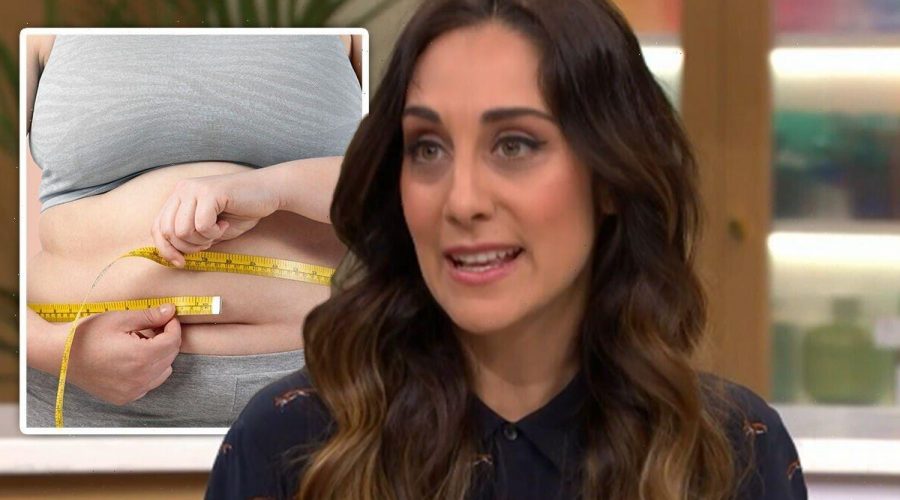Cancer: ‘There is a genetic aspect’ to belly fat – Dr Sara on health risks
Dr Sara Kayat offers advice on how to lose belly fat
We use your sign-up to provide content in ways you’ve consented to and to improve our understanding of you. This may include adverts from us and 3rd parties based on our understanding. You can unsubscribe at any time. More info
Citing research from the University of Oxford, the “largest [study] of its kind” involving 2.5 million men, an increasing waistline was connected to a higher risk of premature death. In fact, an addition of four inches to a waistline increased the risk of death from prostate cancer by seven percent. Dr Sara added that 52,000 people are affected by prostate cancer each year, which makes the results of the study significant.

Visceral fat “lines and sticks around the organs”, which ultimately causes health issues.
“Men are more susceptible to be apple-shaped,” Dr Sara said live on ITV’s This Morning, but this doesn’t mean women are safe.
While women are more prone to hold fat in the “gluteal region”, meaning the buttocks, women with high visceral fat reserves are twice as likely to develop womb cancer.
Dr Sara evidenced a study from the University of Glasgow, where 40,000 people were observed over an eight-year period.
Described as a “reasonable study”, the research revealed that women who have high visceral fat stores are also at increased risk of:
- Gallbladder cancer
- Liver cancer
- Colorectal cancer
- Breast cancer.
How to know how much visceral fat you have
Dr Sara advised to measure your waist circumference, which should be “less than half of your height”.
She gave the example today on Monday, May 9 that if you’re 5ft 4inches, then to be considered in the healthy range, your waist must be 29 inches.
However, add two more inches on that, measuring 32 inches, and your health is at risk.
Source: Read Full Article
